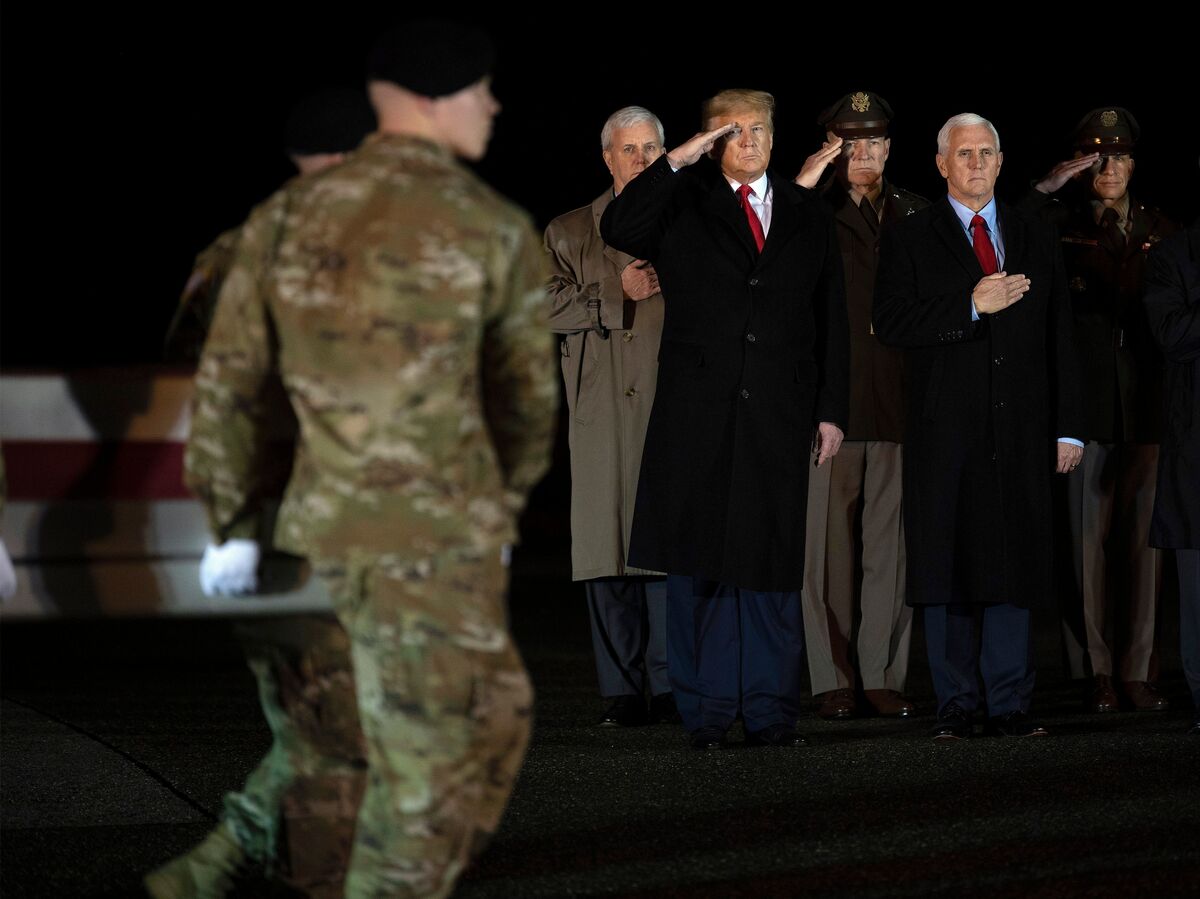Can Gen Z Change Nepal? In recent weeks, Nepal has witnessed a seismic shift—not just politically, but generationally. The streets of Kathmandu and other major cities have been overtaken by a force rarely seen with such intensity before: Nepal’s Gen Z. Armed not with guns, but with smartphones, placards, slogans, and unwavering courage, young Nepalis are demanding a new Nepal—one free from the corruption, nepotism, and political stagnation that has long plagued the country.
But the real question is: Can Gen Z truly change Nepal?
A Generation Ignited
The spark was small, but the fire caught fast. When the government announced a blanket ban on 26 social media platforms, including X (formerly Twitter), TikTok, YouTube, and Reddit, the youth saw it as more than censorship—it was a direct assault on their identity, expression, and future.
For a generation born and raised in the digital age, platforms like these aren’t just entertainment—they’re tools of organization, education, activism, and survival. Within hours, students, young professionals, artists, and influencers took to the streets in what has now become one of the largest youth-led protest movements in Nepal’s history.
But while the ban triggered the protests, it wasn’t the root cause. The discontent runs deeper.
Why Are They Angry?
Nepal’s Gen Z has grown up watching governments rise and fall with little progress. They’ve seen the same names—often connected by bloodlines—rotate through power. They’ve endured:
Rampant corruption in public offices
Chronic youth unemployment
Nepotism and favoritism in job placements and political appointments
Underfunded education systems
A widening gap between the ruling elite and ordinary citizens
And now, at a time when the world is moving toward transparency and inclusion, Nepali youth feel excluded—pushed to the margins of decision-making despite being the largest demographic.
Their message is clear: This is not just a protest. It’s a movement for generational justice.
The Shape of the Uprising
Unlike traditional protests led by political parties, this movement is leaderless, decentralized, and digital. Protesters have been mobilizing via VPNs, encrypted apps, and offline networks. Their slogans are bold, their demands unapologetic:
“No More Nepo Kids”
“We Want Jobs, Not Jokes”
“Ban Corruption, Not Expression”
They’ve occupied streets, universities, and government buildings. They’ve faced rubber bullets, tear gas, and live rounds. Still, they haven’t backed down.
The Political Collapse
The movement’s momentum forced the resignation of Prime Minister K. P. Sharma Oli, marking a major political turning point. His sudden disappearance from public view has only intensified rumors of internal chaos within the ruling elite.
Protesters have since called for former Chief Justice Sushila Karki to serve as an interim, non-partisan leader—someone known for her integrity and resistance to political pressure. While the military has deployed to restore order, it hasn’t (yet) moved to suppress the political demands entirely.
This moment—an unprecedented blend of chaos and opportunity—has left the nation at a crossroads.
Can Gen Z Really Change Nepal?
The answer isn’t simple. On one hand, Nepal’s political system is deeply entrenched. Corruption is systemic. Many of the power brokers have held influence for decades, and the military still plays a significant behind-the-scenes role.
On the other hand, Gen Z now has what past generations didn’t:
Access to global movements and ideas
Digital tools to organize, document, and resist
A shared generational identity rooted in frustration and hope
Numbers—Nepal has a massive youth population, with over 40% under the age of 30
Change will not be instant. It won’t come without resistance. But for the first time in decades, the political class is scared of the youth—and that alone is a major shift.
A Long Road Ahead
For Gen Z to truly reshape Nepal, the movement must go beyond protest. It must:
Build new political platforms
Invest in civic education
Push for electoral reform
Support independent media
Hold leaders accountable—both old and new
And perhaps most importantly, they must remain united. Movements often fall not from external pressure, but from internal division and fatigue.
Final Thoughts
Can Gen Z change Nepal?
If change means shaking the foundations of a corrupt system—they already have.
If it means removing outdated leadership—they are on the path.
If it means building a new Nepal rooted in transparency, inclusion, and opportunity—that remains the ultimate test.
One thing is clear: Nepal’s future will no longer be written solely by the old elite. It’s now being rewritten—in the streets, online, and in the hearts of a new generation that refuses to settle for less.



